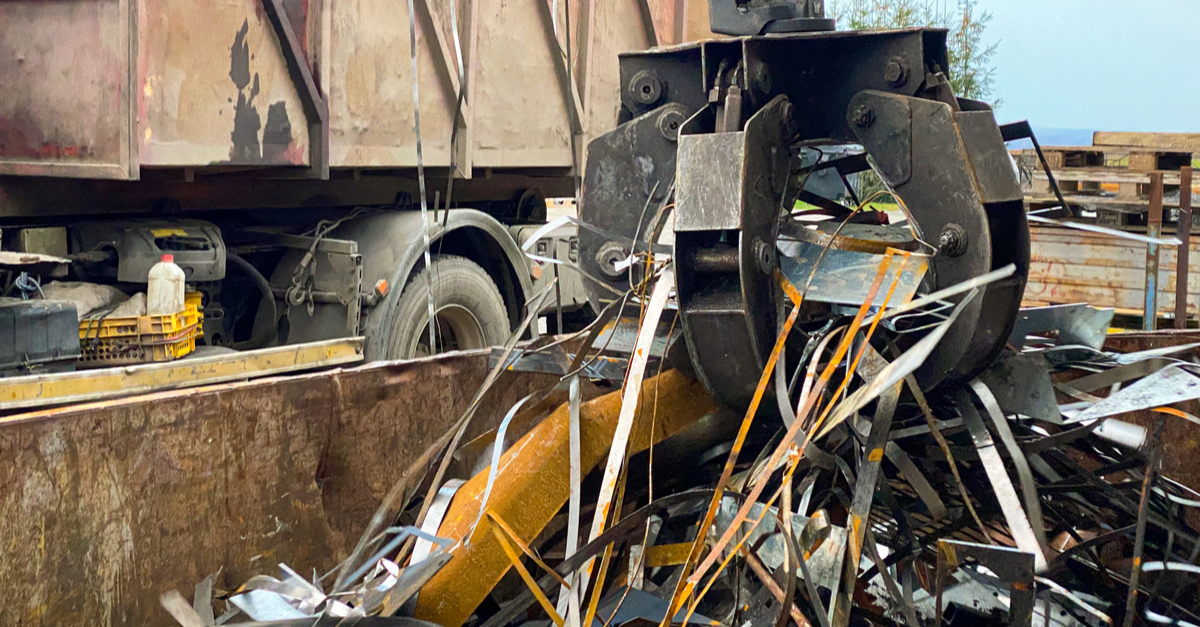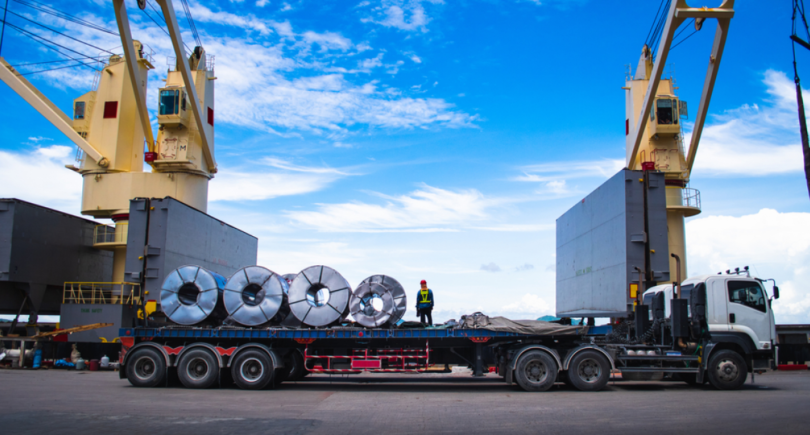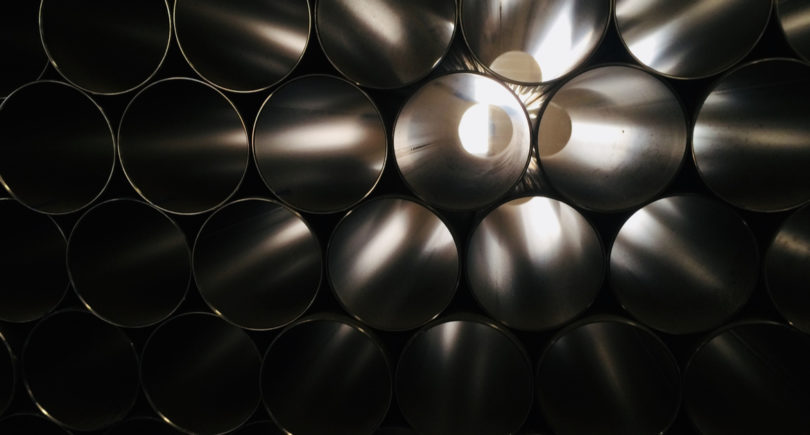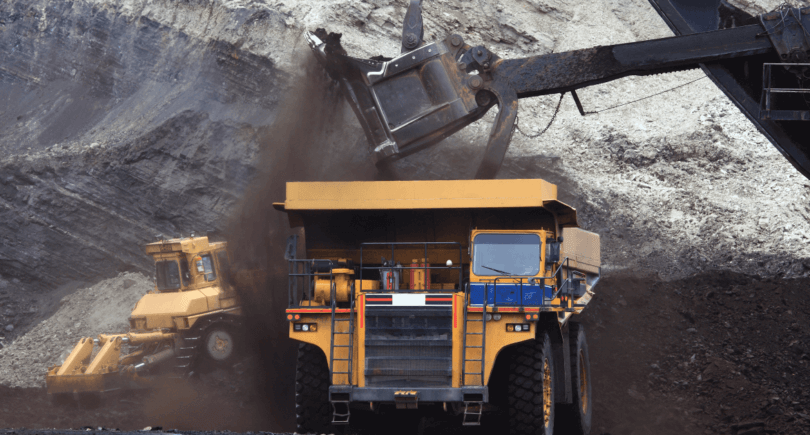
News Global Market EU 3439 02 May 2023
The revised regulation is likely to enter into force in 2024
The updated EU Waste Shipment Regulation (WSR) is likely to enter into force in 2024, putting more pressure on EU scrap exporters. It was announced at a professional conference by Emmanuel Katrakis, general secretary of the European Recycling Industries’ Confederation, informs Eurometal with the reference to S&P Global.
In January 2023, the European Parliament published a proposal to revise the Waste Shipment Regulation (WSR). According to it, the export of safe waste for processing (in particular, scrap ferrous and non-ferrous metals) to countries that are not part of the Organization for Economic Cooperation and Development (OECD) will be allowed only if these countries apply for consent and demonstrate the ability to environmentally manage the waste, in particular, by conducting independent audits of its processing facilities. In addition, the European Commission will carefully monitor the export of waste to OECD member countries.
The EU Council is expected to present and adopt a revised proposal between May and June 2023. Next, negotiations between the European Parliament, the European Commission and the Council of the EU will begin. The drafters expect that the final text will be adopted no later than 2024.
“Several larger EU countries with more scrap supply currently are tending to support stricter export restrictions, while smaller EU countries are more in favor for more balanced export restrictions,” Katrakis noted.
The application of stricter ferrous scrap export rules, as well as a proposed capacity audit for non-OECD importing countries, is expected in 2027 after a three-year transition period. According to Emmanuel Katrakis, the problem with the audit is that it is difficult to require a company located outside the EU to comply with the standards set in the bloc. However, European sellers will have to prove that the buyer meets the requirements of the regulation.
As the WSR proposal was formed, EU steel producers pushed for stricter export restrictions to ensure the supply of quality scrap within the bloc. At the same time, European refiners expressed concern that potential export restrictions would reduce commercial incentives to collect and recycle ferrous scrap, and prices for this raw material in the EU would fall. They also suggested that this could significantly affect the export of lower quality scrap, particularly refractory.
According to Eurostat data, in 2021 the volume of scrap exports from the EU reached 19.5 million tons.
In addition, experts indicate possible problems with the quality of scrap. Jeremy Jones, managing partner of the consulting company CIX, notes that EU steel plants, which plan to switch from blast furnace production to electric arc furnaces in the near future as part of the decarbonization program, will need raw materials with a low content of pollutants, such as copper.
As GMK Center reported earlier, the world consumption of scrap in steel production in 2022 decreased by 7% compared to 2021 – to 610 million tons, according to SteelMint research data. In 2022, the use of ferrous metal scrap in steel production remained at the level of 2021 – 32%, while in 2020, at the height of the pandemic – 29%.




